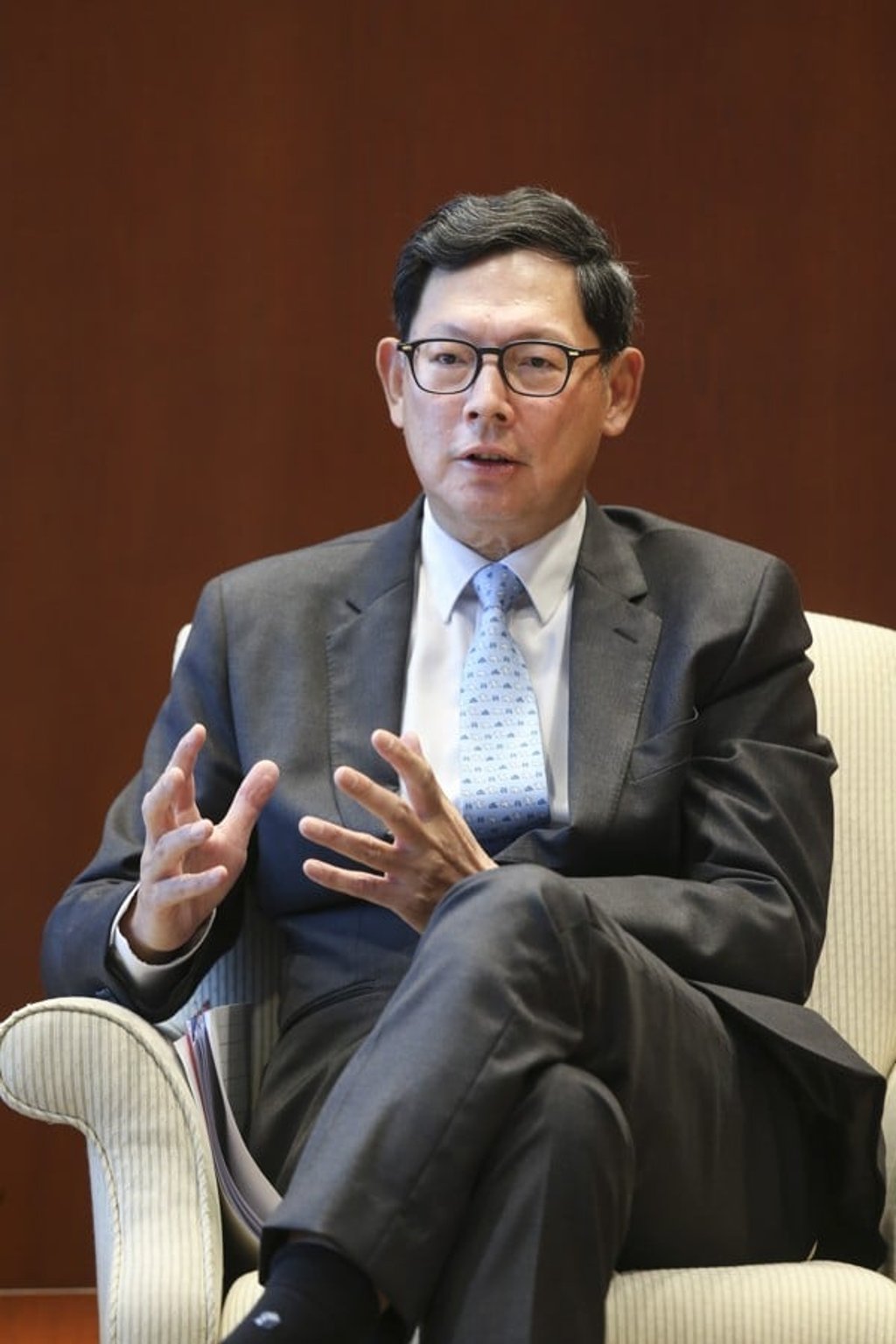Exclusive | Hong Kong’s banks are in better shape than 1997 to weather a property crash, regulator says
Banks are lending less in mortgages while their capital base has been strengthened, which puts them in better position to withstand any downturns in property, the monetary authority’s CEO says

Hong Kong’s banks are better prepared than 20 years ago for a crash in the property market – even amid the world’s costliest apartments – because they are better capitalised and less exposed to real estate loans after the regulator forced them through eight rounds of mortgage tightening measures, the Hong Kong Monetary Authority’s chief executive Norman Chan Tak-lam said.
“[While] nobody can predict when the next crisis will arrive, Hong Kong’s financial sector is now well prepared for that,” Chan said in an interview with the South China Morning Post.

“In 1997, many homebuyers only needed to pay 10 per cent of the value of the property,” Chan said. “When the property price dropped 10 per cent, these homeowners fell into negative equity.”
Home prices, which have surged for 13 consecutive months to record levels, are poised for declines this year as an unusually large pipeline of 10,000 apartments is due to come to market and the US Federal Reserve’s widely telegraphed interest rate increases mark the end of the era of cheap finance.
Hong Kong’s mortgage rates average 3 per cent currently, compared with 12 per cent in 1997.